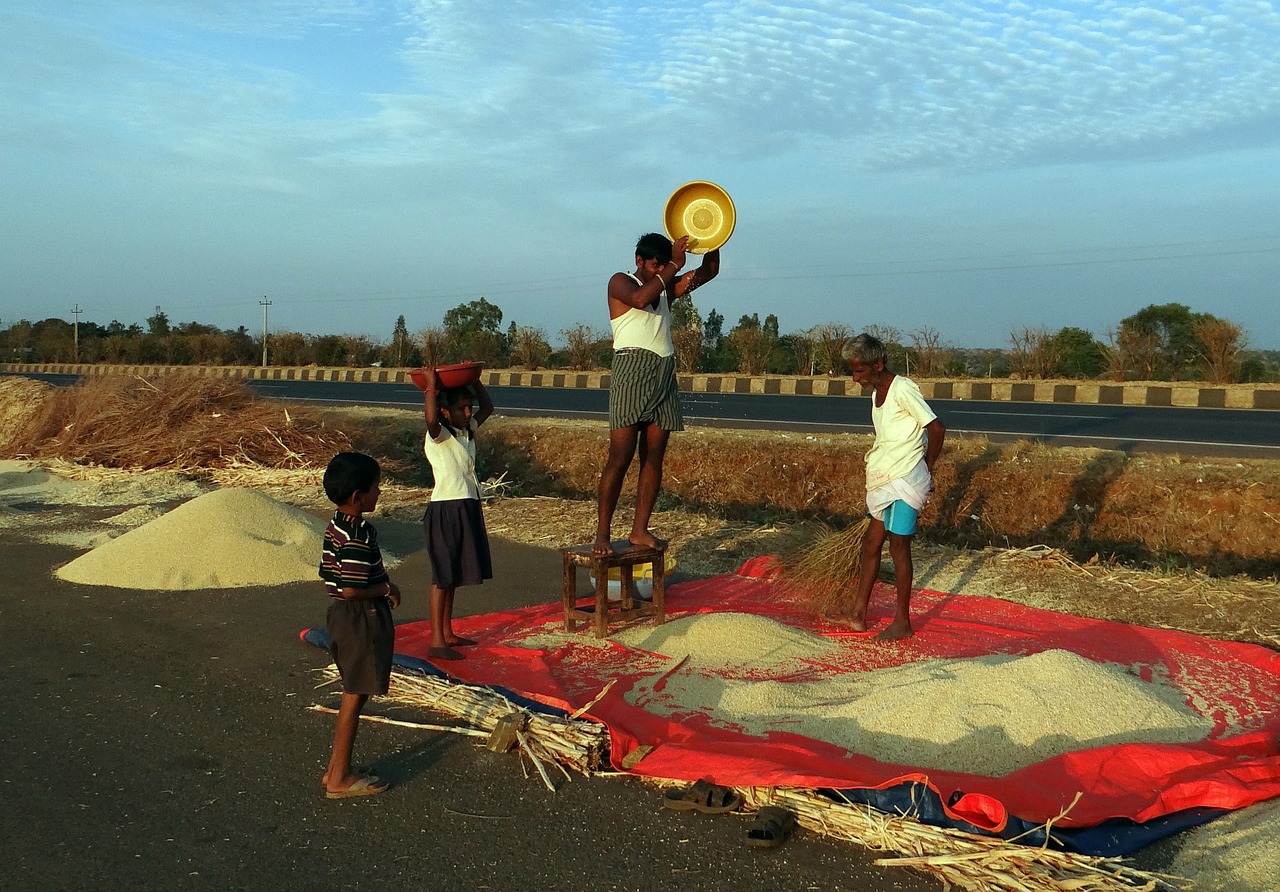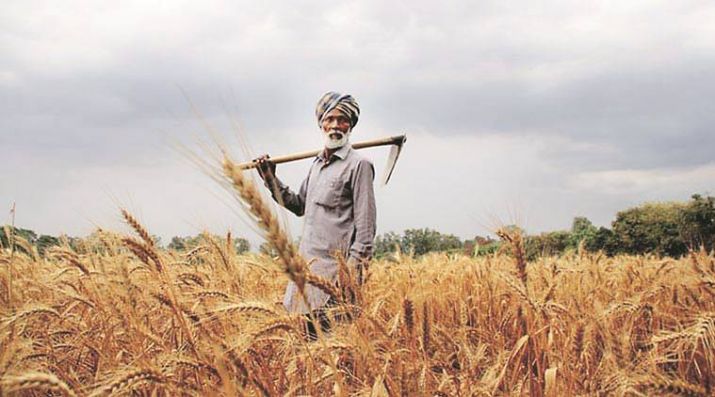
In Punjab’s villages, the lockdown has resulted in a massive labour crisis. The novel coronavirus pandemic has intensified the labour crisis in the state of Punjab to such an extent that there has also been a growing surge in the incidents of nepotism and bias in the last couple of weeks during the lockdown.
It is estimated that with a series of communication and transportation channels that have been brought into place by the Centre and the state governments, 11 lakh labourers are likely to migrate out of Punjab and go back to their native states.
This year the time of Vaisakhi(which during normal circumstances is a time when a large scale of temporary workers migrate to Punjab) also fell in the weeks of the lockdown and thus saw little or no inflow of workers. During the paddy season too, Punjab had to dependent on regional farmers/labourers alone.
Faced with this crisis, the powerful landlord lobby in the state is trying to make pressure on the local bodies to pass a rule saying that there can be no internal migration of labourers and that a labourer should not be allowed to go from one village to another to earn a living.
The pressure is also being built on the panchayats to ensure that workers who don’t follow the rules are boycotted and heavy penalties are imposed on them.
This however does not mean that the workers are silently accepting these manipulative and unfair dictates of the ruling elite and instead they also have been organising a counter-mobilisation.

Another looming tension that is haunting the ruling elite in the current context of the lockdown is that workers and labourers may soon begin raising a demand for enhanced wages and to keep them within the state, the ruling elite may be obliged to give in.
Due to this altered new reality, the situation in rural Punjab is beginning to fast alter and different sections of the rural society are taking a grudge against each other on issues surrounding labour dynamics in the state.
On the other hand, organisations that work for labour rights have also been taking the matter very seriously and want to work so that this doesn’t become a crisis that can no longer be repaired.
Legal experts argue that such restrictions that are being imposed by the Panchayats of the villages are illegal and it is nothing short of exploiting the vulnerable position that migrant and internal workers are finding themselves in.
They say that the pandemic, the lockdown and the exodus of workers may be a short term crisis, but such resolutions will end up strengthening the caste wall between farmers and workers, which will have a longer shelf life and disastrous consequences.
If we were to look at the rough estimates we would realise that Punjab has over 1.5 million agricultural labourers.
Thus it becomes extremely important for the landed elite and the workers’ groups to act with patience and restraint during these hard times and arrive at a sustainable solution to this losing socio-economic crisis. It is necessary for both the sides to acknowledge and understand the trick of the political elite and keep free from becoming preys to political manipulation.
Groups working for the rights of the labouring class point out that never earlier did panchayats brother to fix minimum wages, especially during the prominent paddy planting season in the state. Now, when the workers are in deep economic crisis and have to go to far off lands in search of livelihoods, they are coming up with all sorts of oppressive moves to curb their movement.
It is ironic that the coronavirus pandemic and the resultant economic miseries have brought about unprecedented cracks in the rural society of Punjab. Lack of governmental outreach, a looming labor crisis and the economic vulnerability being faced by the state are all to blame for this unique socio-political crisis in Punjab. It is important for the different sections of the population to underhand that the pandemic has brought about unprecedented difficulties for all and that this is the time for all social groups to work in coordination and cooperation not conflict and coercion.













